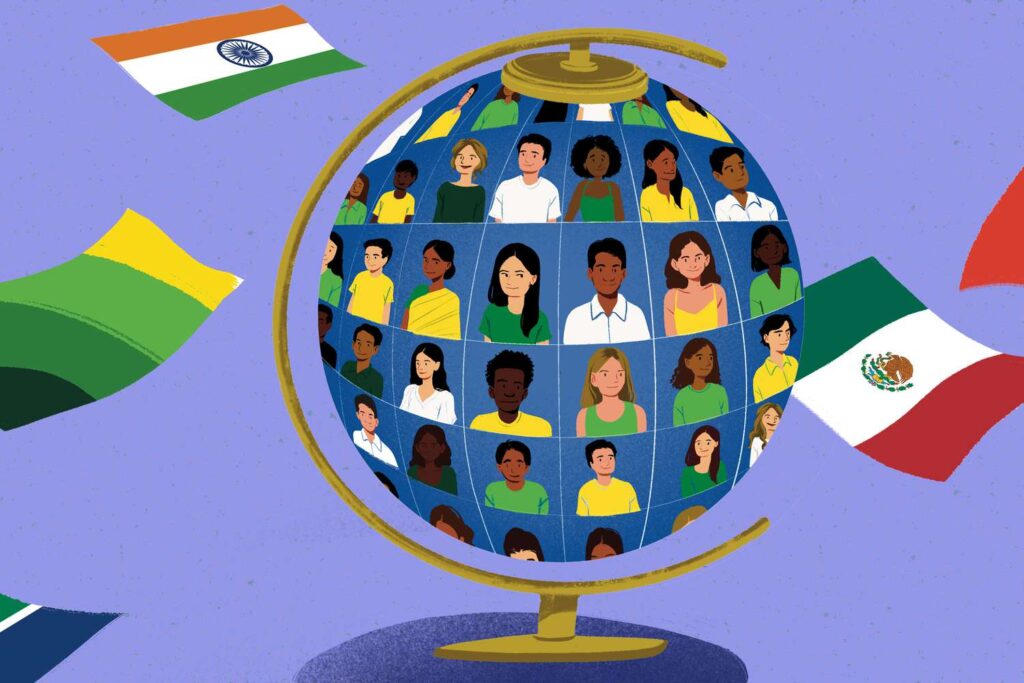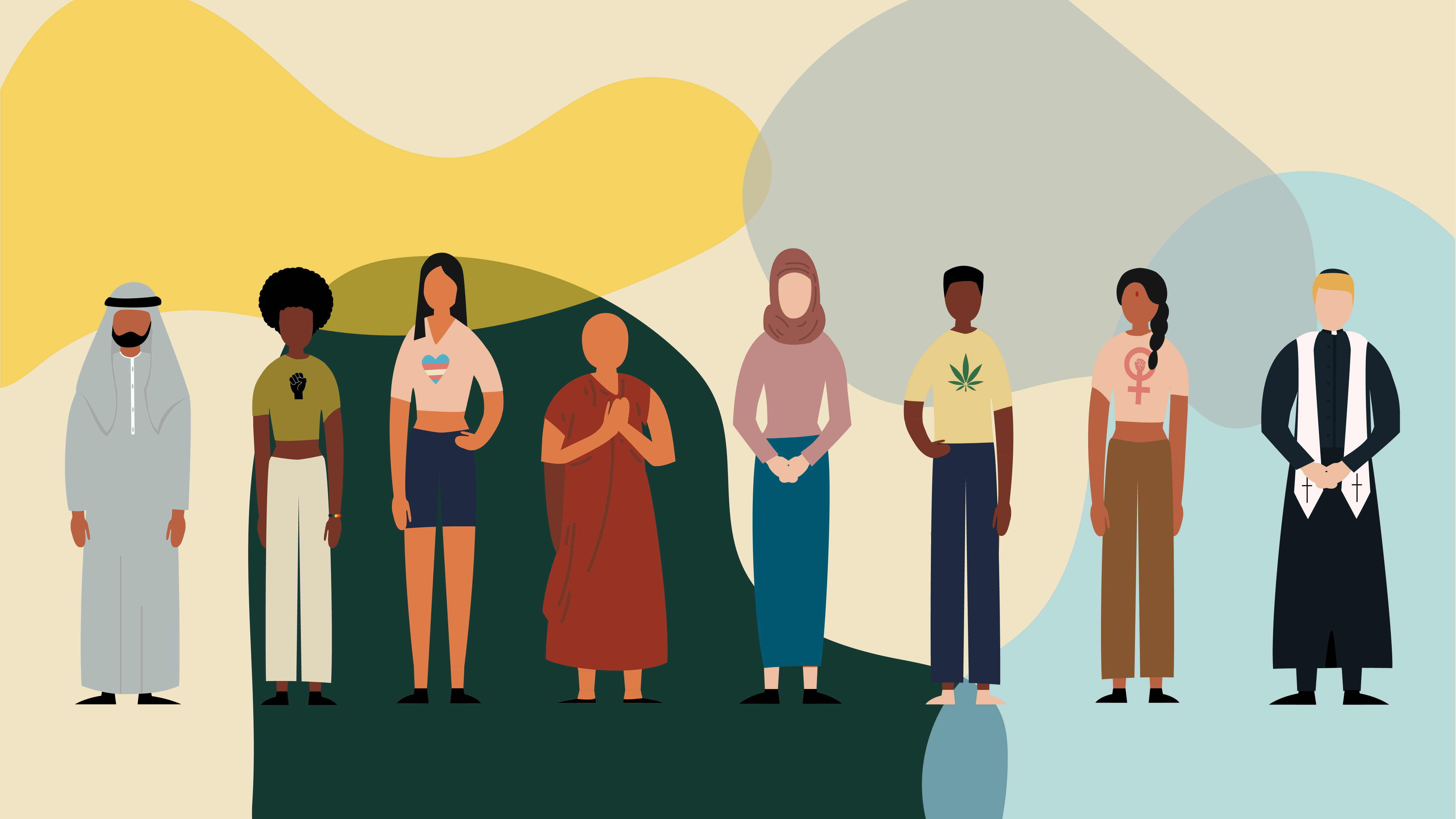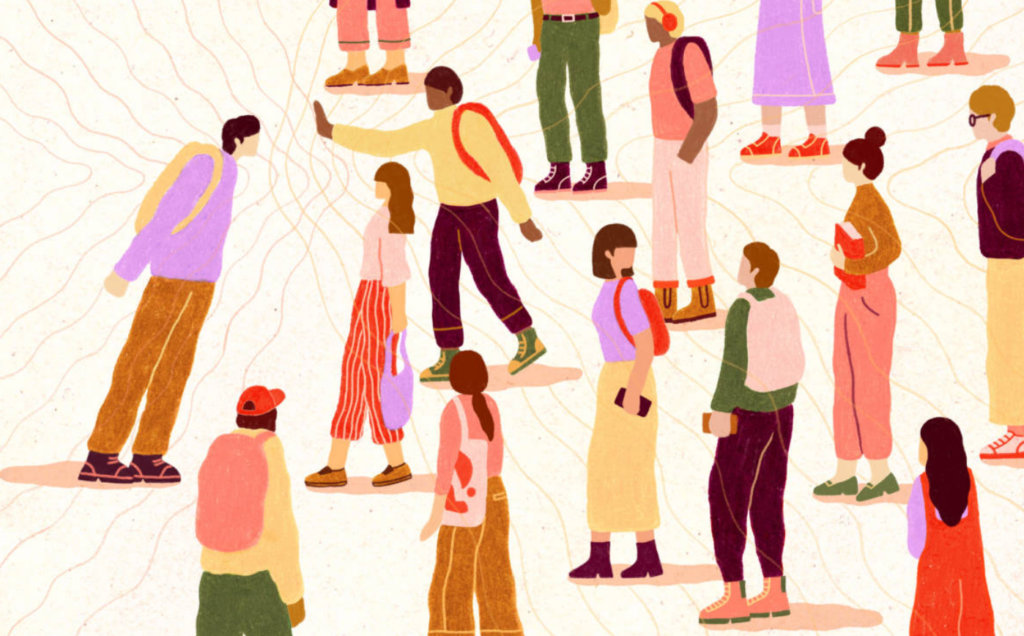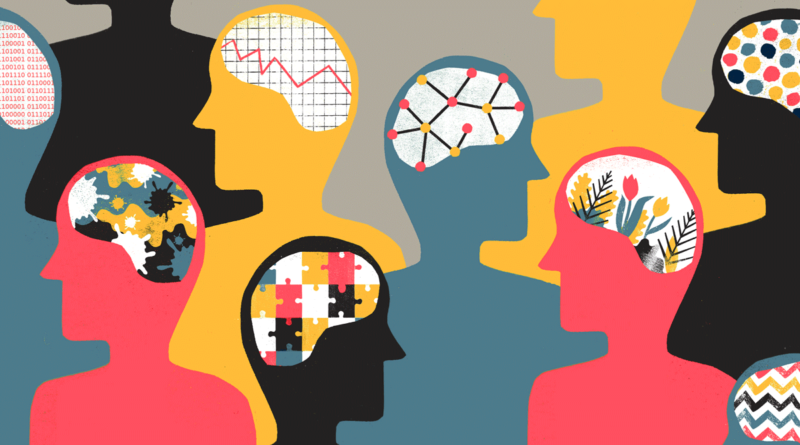Culture as a Crucial Lens: Examining its Influence on Mental Health
It is recognized that mental health is a very complex issue, as it can be completely different for each individual and can be influenced by many different factors. Although scientific advances have allowed scientists to study people’s genes in a more scientific way to understand biological relationships between human genes and their mental health states, it is undeniable that culture still plays a significant role in shaping the way a person perceives and feels about their mental health. Therefore, in this context, it becomes very important to understand the role of culture in shaping people’s mental health.
Culture & Mental Health
Culture refers to the set of beliefs, values, practices and norms held within a group or society. It shapes the way people in a society think, act and interact with others, and it continues to influence how people see themselves and the world around them. Then what does culture have to do with a person’s mental health? Culture can be a source of strength for people, as well as a source of the stress they feel, as different cultures can either provide different people with a degree of belonging or be a trigger for conflict and misunderstanding between people. Thus, it can be surprised that culture has been invisibly influencing people’s mental health both positively and negatively.

Cultural factors that affect mental health
1. Family background
According to extensive research, members of families with a history of mental illness will be more likely to experience mental health problems than those in otherwise normal families. This may be due to genetics in the family, but it may also reflect the importance of the early developmental environment that a family provides for an infant. Considering that our family members are the first people we learn to interact with after birth, they play a crucial role in shaping us both socially and emotionally. Therefore, if a person has a family member in his or her house who is currently struggling with mental illness, that person may likewise suffer from that mental illness in the future.

2. Religion
Although for many people religion is a very sacred and important source of spiritual comfort and support, it can also potentially become a source of potential conflict and stress. Those who practice minority religions may be alienated from society or, worse, persecuted because of their religion. At the same time, some religious beliefs may also conflict with people’s mental health. For example, some religions believe that if a person has a mental illness, it is a sign of moral weakness. Therefore, under the influence of such beliefs, many people with mental illnesses may not choose to seek help because of the shame they feel, thus making their mental illness symptoms worse and worse, and ultimately leading to death.

3. Social Norms
The way people behave in the society and culture they are in is also a factor that may affect their mental health. In collectivist cultures, people are often told to place their community and family above their personal interests. In this type of environment, people often condescend to their own needs by always putting the needs of others first, which can be very detrimental to their physical and mental health. In contrast in an individualistic culture, people are often expected by society to be able to fend for themselves and develop through their own efforts. Therefore, people in this culture usually feel very pressurized and even conceited because they feel that they have difficulty in meeting the expectations placed on them by others.

4. Tradition
The traditional culture of different countries may also affect people’s mental health to some extent. In some cultures, the traditions about gender roles and marriage are step by step harming more women’s mental health. For example, women in small towns who are expected by society to obey their husbands in marriage are very likely to be victims of domestic violence in the future. On the contrary, some traditional culture can also help people’s mental health. For example, the Chinese tradition of returning to one’s hometown during the Ching Ming festival to grieve for their family members who have already passed away can provide a space for people to release their grief and have a healthy emotional transition.

Source
- Brands, T. (2022, October 26). The relationship between culture and mental health. Therapy Brands. https://therapybrands.com/blog/the-role-of-culture-in-mental-health/

